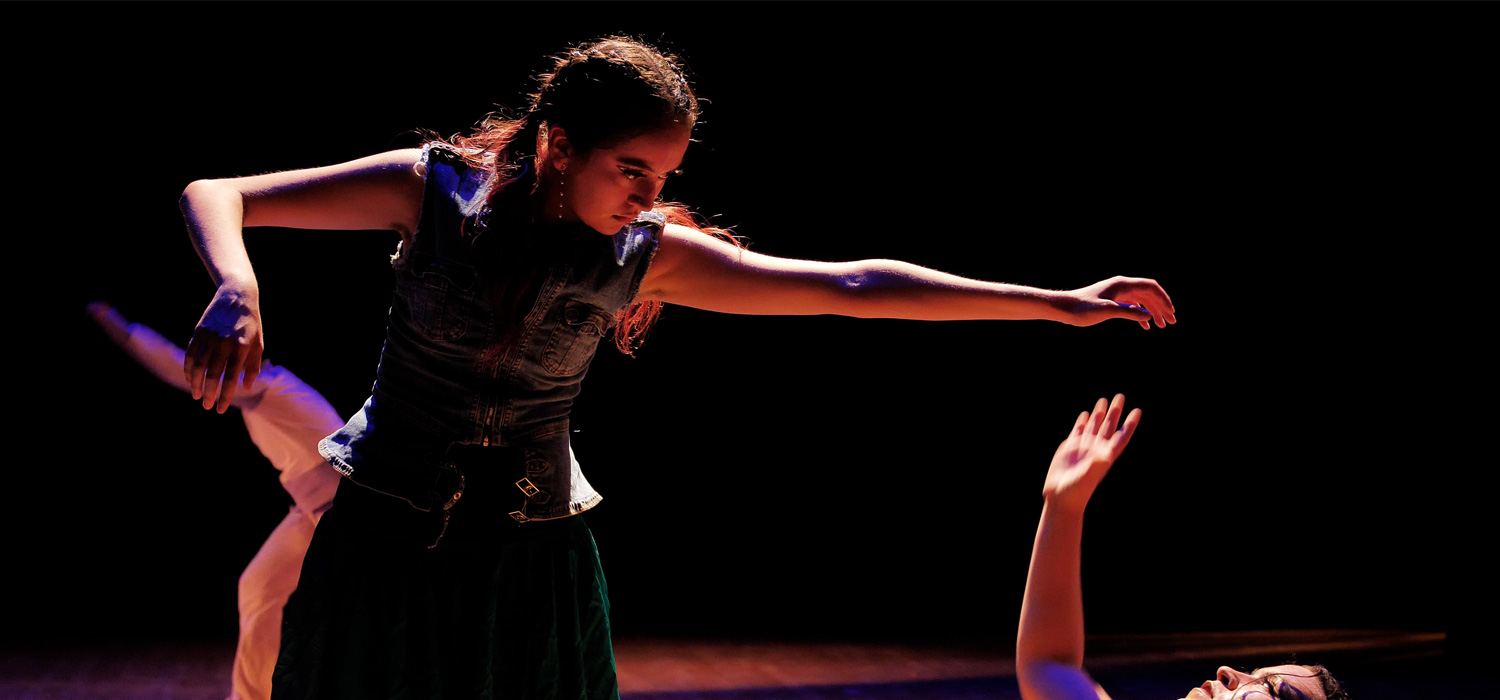Jazz Studies Audition
Undergraduate and Graduate
About Audition for Jazz Studies
The purpose of the live audition is to determine a student’s qualifications for placement as a jazz studies major. The following information provides an outline of what is required during the audition. All auditions are evaluated by jazz studies faculty members.
All jazz performance majors (voice, woodwinds, guitar brass, bass, drum set, etc.).
Prepare two jazz standards to perform with a live rhythm section. The pieces should be different in terms of style (e.g., swing, up-tempo, straight-eights, ballad, Latin, samba, or Bossa Nova) or be in different key with different underlying progressions (blues, song form, Coltrane changes, etc.). These may include songs from the American songbook, such as “All the Things You Are” or “It Could Happen to You” or well-known compositions composed by jazz musicians, such as “Boliva,” or “Doxy.” You will perform one or both pieces during the audition. Bring three copies of the lead sheets of your selected tunes.
If you have questions, please contact Dr. Levy.
Everyone: For part of the audition, you will be asked to sight-read a tune with a live rhythm section. This could be a standard jazz chart or an excerpt from a big band piece. You may be asked to read a line, solo over a set of chords, play chords (pianists and guitarists), or realize rhythmic hits (drummers and bassists).
Vocalists: in lieu of sight-reading a written melodic line, vocalists may have the option to sing a written melody along with a pianist or guitarist performing the same line. Vocalists will have an opportunity to hear the line before singing it.
Pianists and Guitarists: you will be asked to demonstrate your comping chops. We are looking for pianists who are not only good soloists but also are good collaborators. Check out the comping of pianists such as Red Garland, Wynton Kelly, Bud Powell, Horace Silver, McCoy Tyner, and Herbie Hancock for models on how to comp.
Bassists: we are interested in bassists who are great at playing within a combo and ensemble. That means not only being a good soloist but also having a strong thump and keeping good time. We may ask you to read or play written basslines in different styles.
Drummers: after performing one or more tunes, we may ask you to perform several grooves during your audition. Be prepared to show off a few different rhythmic grooves that you use in your playing.

